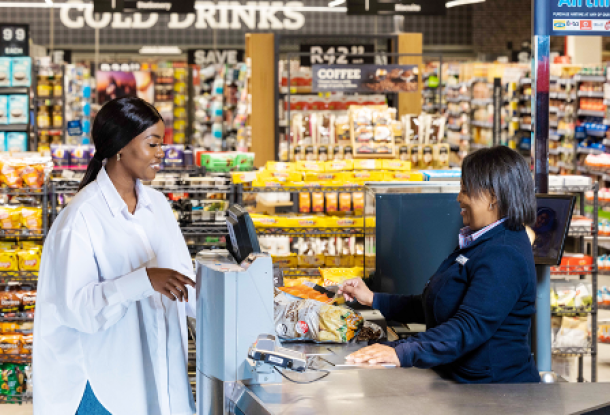Retailers must set sights on green energy
President Jacob Zuma stated last week that SA will never experience load shedding again, which sounds like good news, but may mislead people to believe our climate and energy woes are over.
In fact, the first five months of the year have been characterised by news stories of worsening drought conditions, increasing food prices and more recently, South Africans having to go into debt to afford to feed their families.
In the wake of an extended electricity crisis (characterised by load shedding and rolling blackouts), it is clear that SA’s power system — based almost entirely on coal and nuclear electricity produced by Eskom — is failing us. The national utility’s inability to deliver reliable, affordable, clean electricity has led to considerable economic losses.
At the same time, the catastrophic drought and skyrocketing food prices, which affect all South Africans’ lives, make it clear that climate change is a real and present danger that can only be attended to through a low-carbon pathway.
Renewable energy offers a concrete alternative to the current system, but at the moment, investments are almost entirely limited to the country’s renewable energy independent power producers procurement programme, and significant barriers to rooftop solar remain.
It was encouraging to read the reports released by the Department of Energy indicating that the solar-radiation resource in SA is one of the highest in the world. It means solar energy must be seen as a key solution to rising electricity costs as solar technology advances and the costs of these systems fall. There is no better time to break free from fossil fuels and embrace renewable energy.
Renewable off-the-grid energy installations and distributed power systems have emerged as a global trend on the back of rising electricity costs, rapid technology advances and price improvements in alternative energy options. In SA, a further driver is the continued constraint of the electricity supply system, which is prompting an acceleration of distributed generation including solar photovoltaic. Unfortunately, the trends and advantages that are uniquely available to SA are undermined by a lack of will from the government and corporates, both of which have potential to bring about a major shift in our energy system.
Renewable energy provides a real opportunity for SA to move away from a developmental path based on polluting coal and expensive nuclear power. Companies in SA need urgently to set ambitious renewable energy targets and procurement policies to send a clear signal to the market, demanding renewable energy options, to help kick-start the transition to a renewable energy future. This would have a knock-on effect to also help remove the barriers to household investments in rooftop solar photovoltaic.
Shopping Clean — Retailers and Renewable Energy, a report released by Greenpeace Africa, details the state of renewable-energy investments and commitments from each of the top five retailers (Massmart, Pick n Pay, Woolworths, Shoprite and Spar) in SA and provides information on how they can achieve a 100% renewable-energy target in future. The retailers have been ranked on four key criteria relating to renewable energy, which clearly indicates where they need to improve.
These are energy transparency, commitment to renewable energy, greenhouse gas mitigation and lobbying for clean energy.
Ultimately, companies in SA have the power to kickstart a thriving renewable-energy market by committing to obtain 100% of their electricity from renewable sources within the shortest practical period.
At the same time, they can benefit from reducing their electricity costs over the long term and increasing their sustainability levels.
The message is clear: SA’s retail sector needs to break free from dirty fossil fuels and commit to a 100% renewable-energy future to show customers that it cares about the country’s future.
• Cooke is Greenpeace Africa’s climate and energy campaigner
News Category
- International retailers
- On the move
- Awards and achievements
- Legislation
- Wine and liquor
- Africa
- Going green
- Supplier news
- Research tools
- Retailer trading results
- Supply chain
- Innovation and technology
- Economic factors
- Crime and security
- Store Openings
- Marketing and Promotions
- Social Responsibility
- Brand Press Office
Related Articles
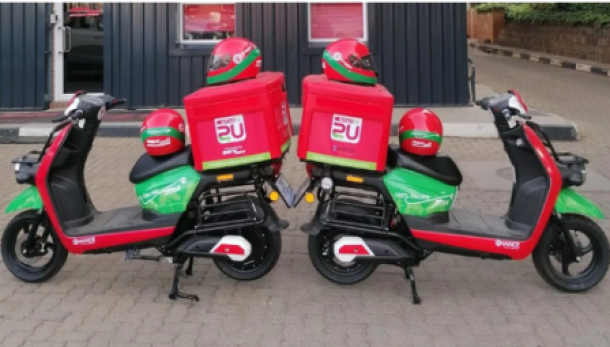
Two local businesses see a gap as food and groc...
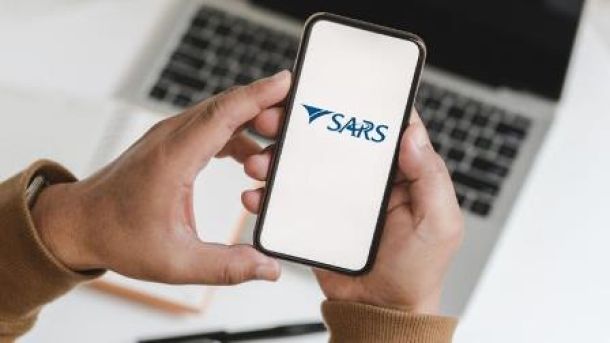
SARS launches WhatsApp channel to help check ta...
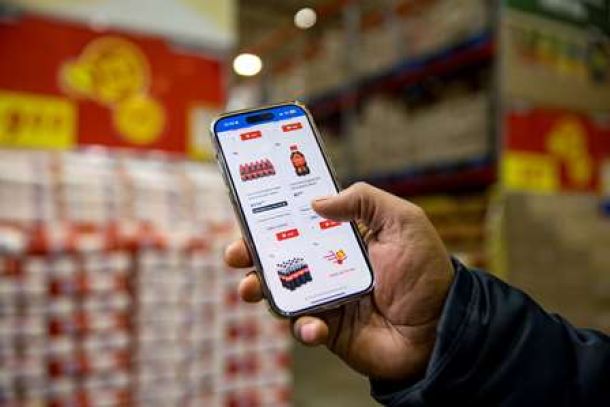
Shoprite launches online shopping and bulk deli...
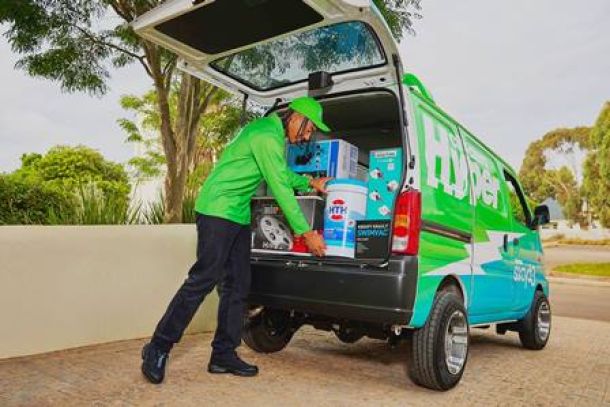
Sixty60 promises lightning-fast delivery of 10 ...
